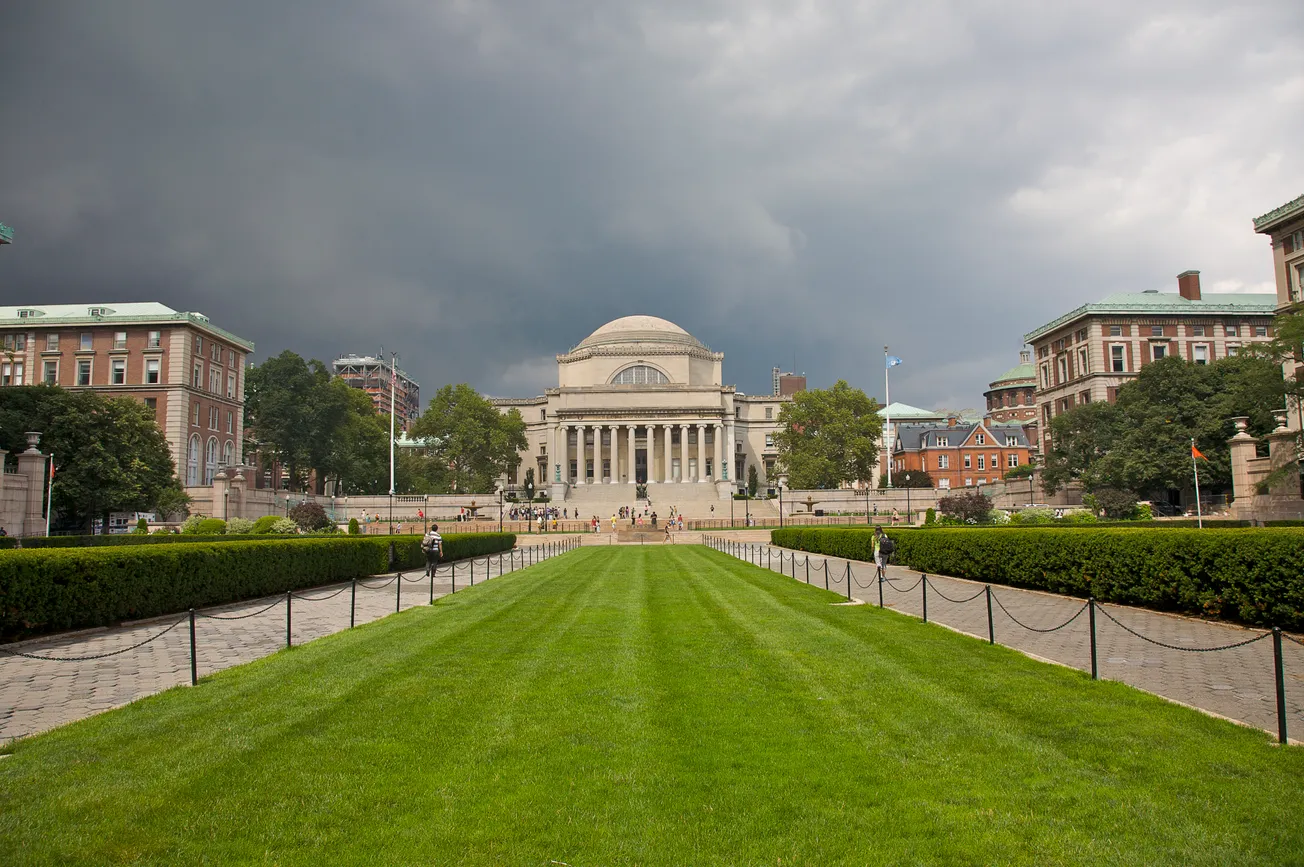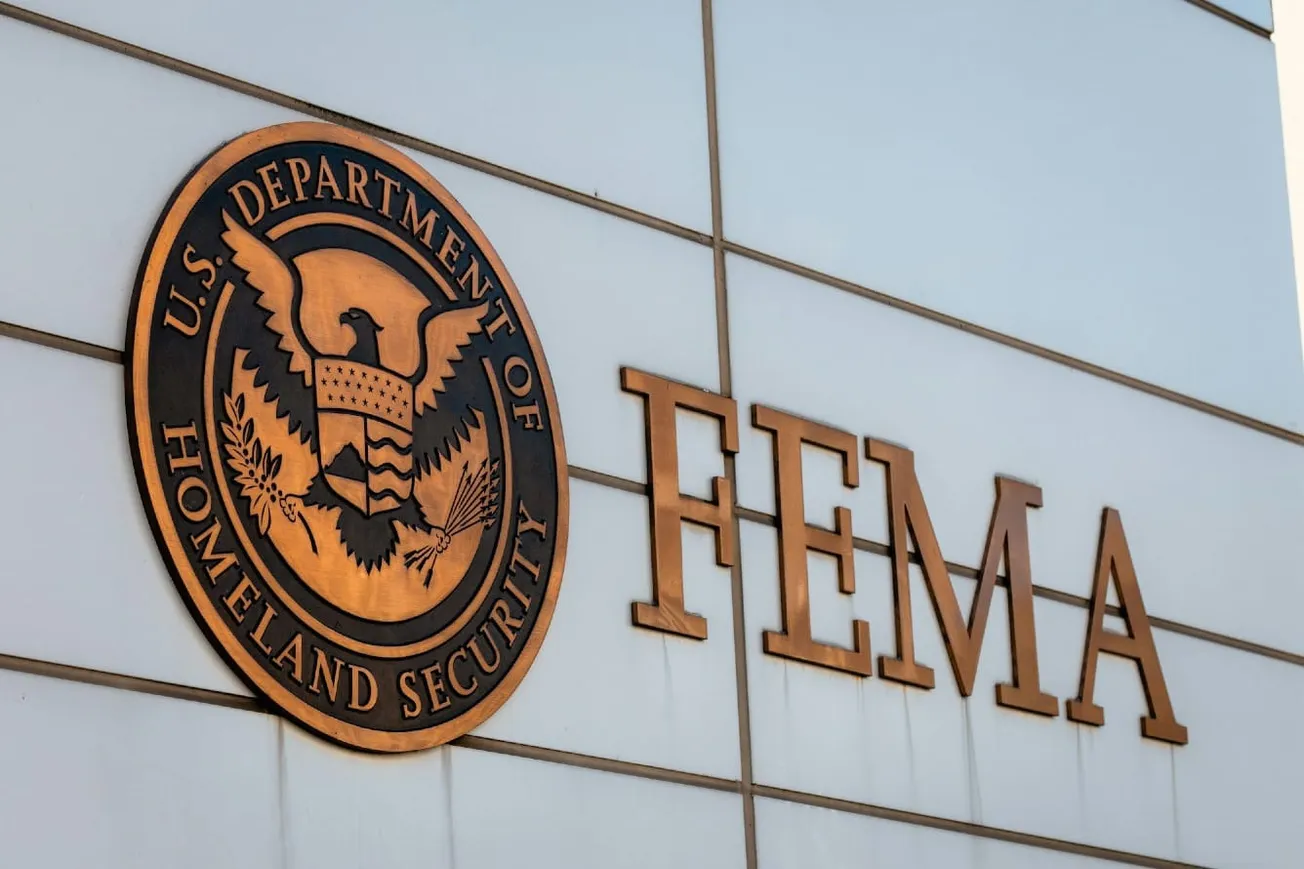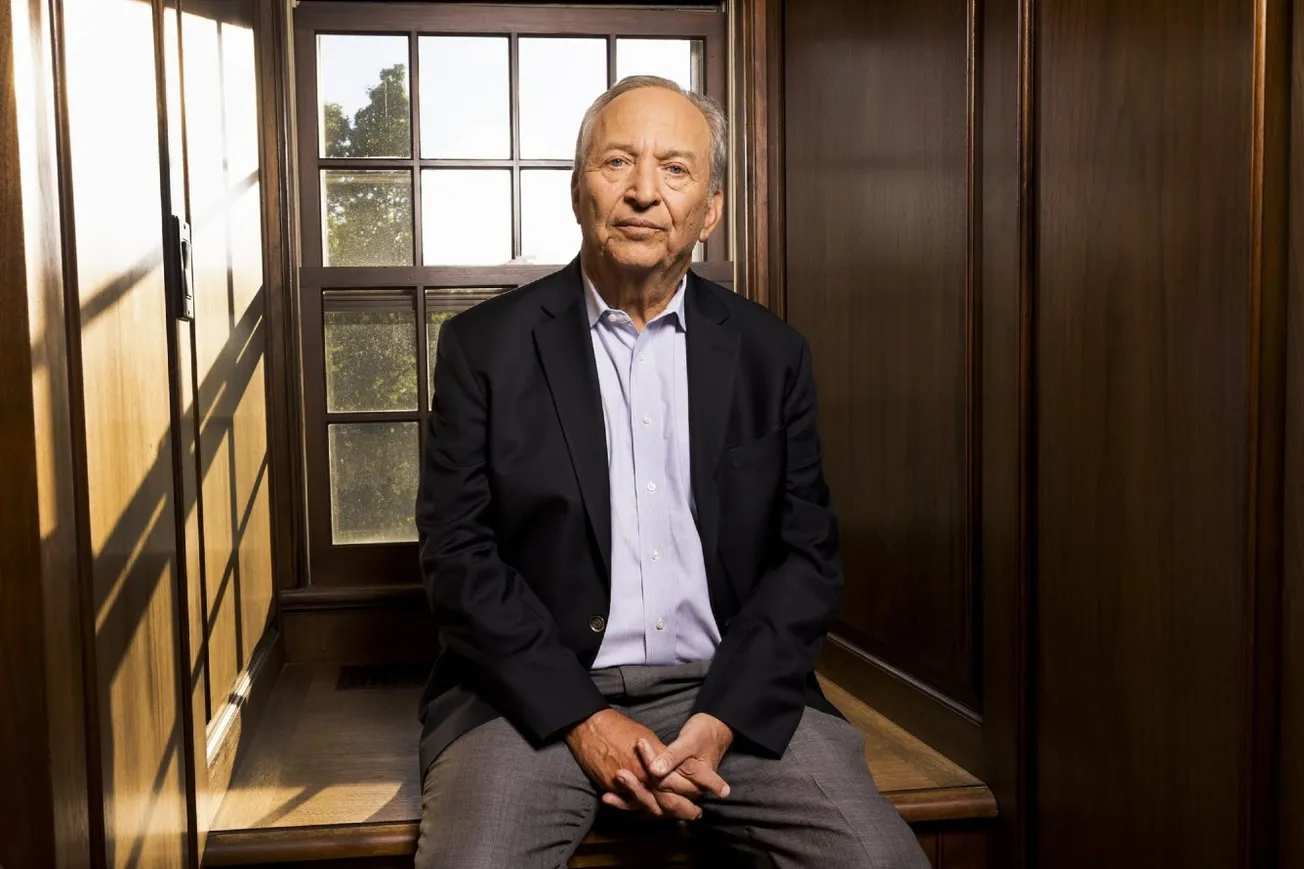The United States continues to reign as the world's most popular college destination. Students everywhere consider admissions to America's prestigious universities and colleges the ticket to a bright future.
A college degree is expected to open more doors to higher-paying jobs, especially in the rapidly growing technology, healthcare, and engineering sectors. Besides boosting employability, higher education is said to positively impact self-esteem, longevity, and overall well-being.
With so much going for a college degree, an exclusive Newsmax/TIPP Poll conducted early this year found that nearly three-quarters of Americans believe college education is important. More than a third consider it to be 'very important,' while less than a quarter do not think higher education is vital. Interestingly, four-fifths (82%) of those with a college degree and nearly two-thirds (64%) of high school graduates felt that college education was important today.
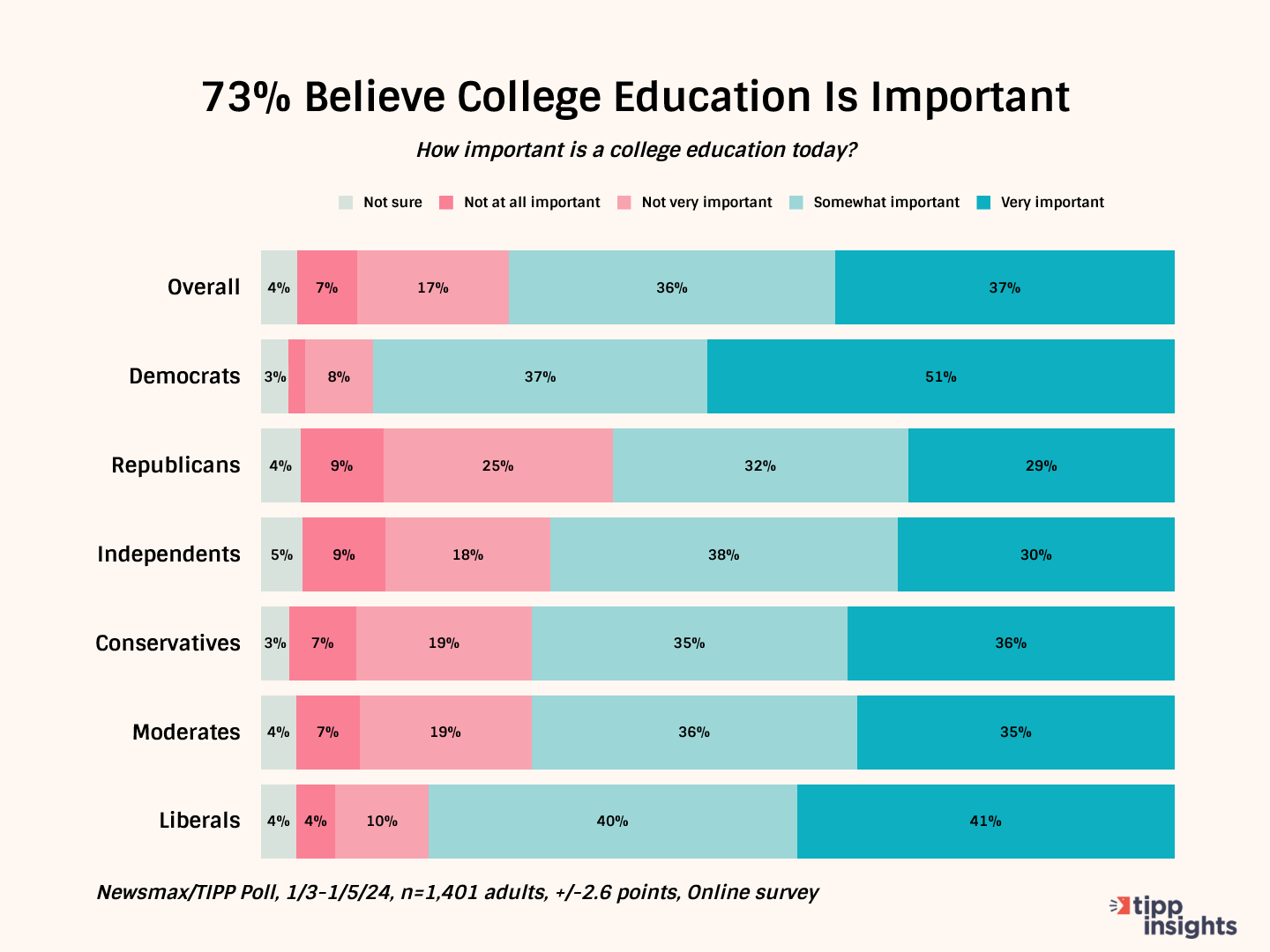
But, education in these hallowed halls does not come cheap, even to Americans. With hefty price tags, it is unsurprising that America's outstanding student loan debt is estimated at $1.63 trillion as of the third quarter of 2023. According to the US Department of Education, 43.4 million borrowers had outstanding federal student loans at the end of 2023.
Most adults carry the student loan burden well into their middle age, and President Biden's bungled student loan forgiveness initiative has drawn considerable attention to the country's hefty cost of college education.
Despite the penchant for a college degree, barely a third of poll respondents described the return on investment (ROI) for an undergraduate degree as 'high.' With the average four-year cost for a student at $105K at public institutions and $225K at private institutions, slightly more than a quarter felt the ROI was 'moderate,' while nearly a third described it as 'low.'
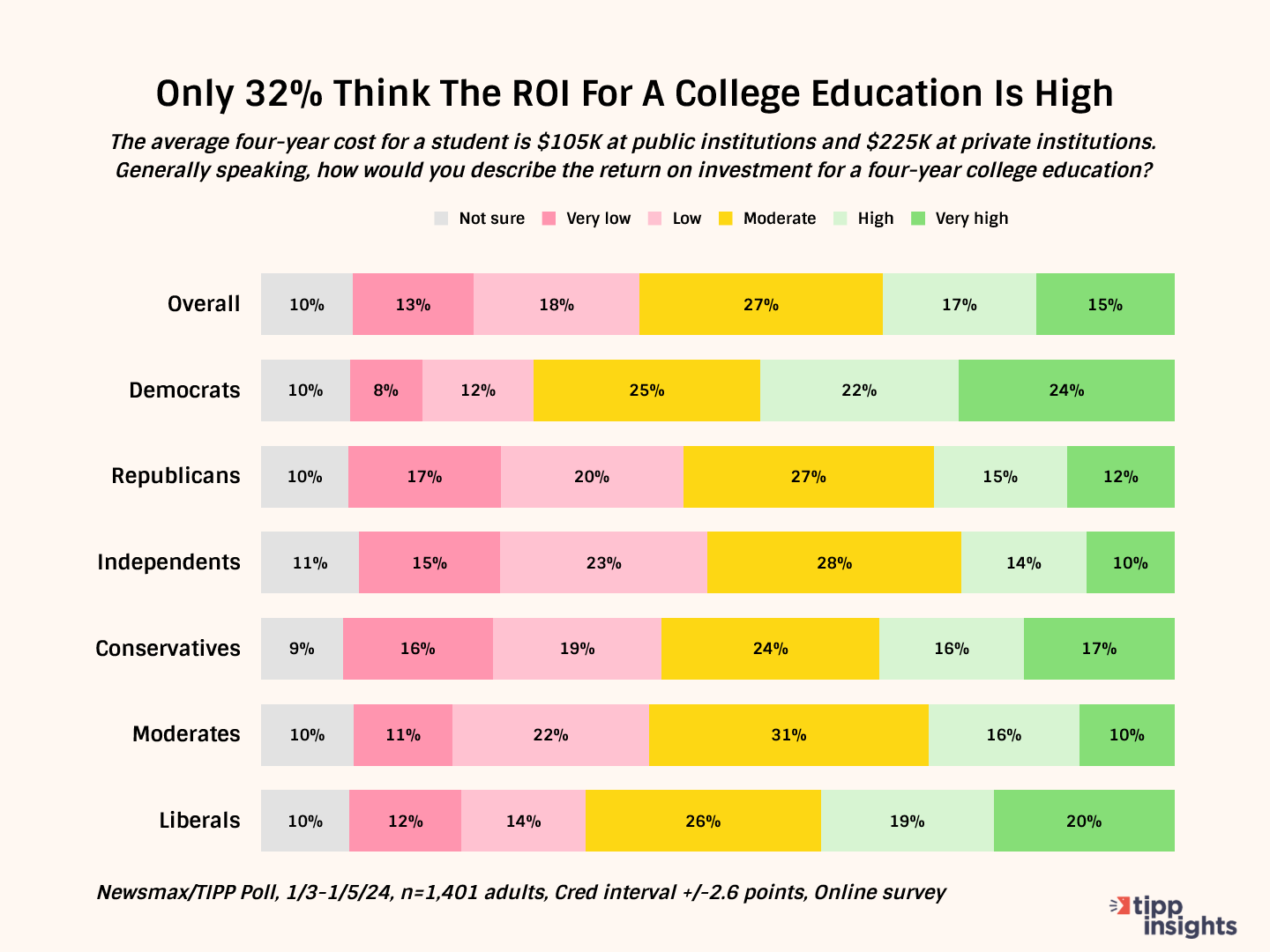
Besides the nearly prohibitive tuition, another rising concern among Americans is that the country's colleges are increasingly pushing extremely progressive and liberal ideologies, even at the cost of American values. The recent pro-Palestine protests have drawn criticism from many quarters.
More than half (57%) expressed concern at the trajectory of the educational institutions (a third mentioned they were 'very concerned'), while 30% were unconcerned. Interestingly, such fears were not limited to the parent age groups. More than half, 53%, of youngsters (18-24 years) and two-thirds, 62%, of young adults (25-44 years) were uneasy with the extreme liberal ideologies gaining ground on college campuses.
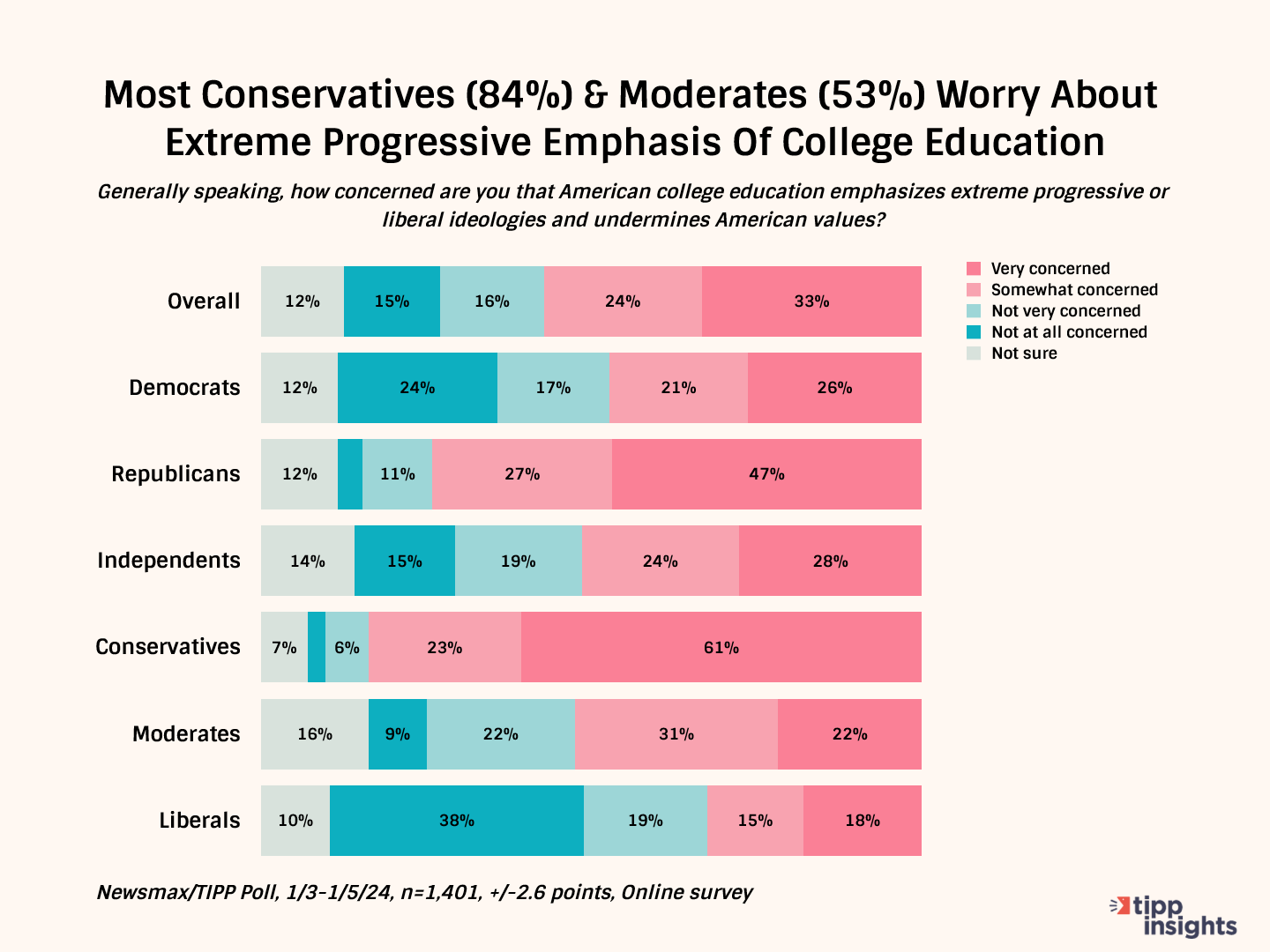
Half of the poll respondents agreed that the spate of antisemitic protests in colleges was the outcome of a progressive/liberal American college education. While 29% disagreed with the opinion, 21% were undecided. The sentiment was present when the poll was taken in January, even prior to the recent escalation in April.
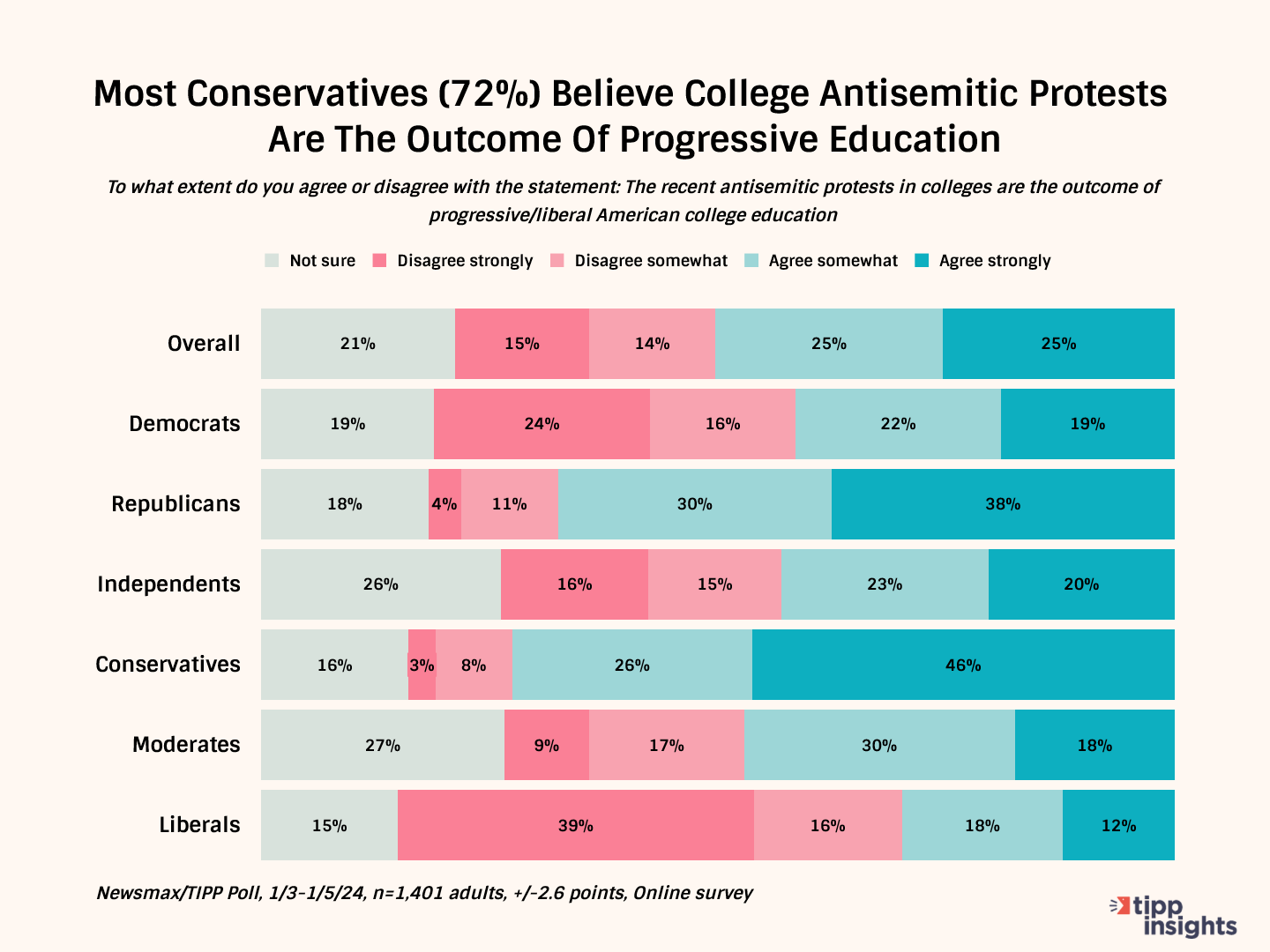
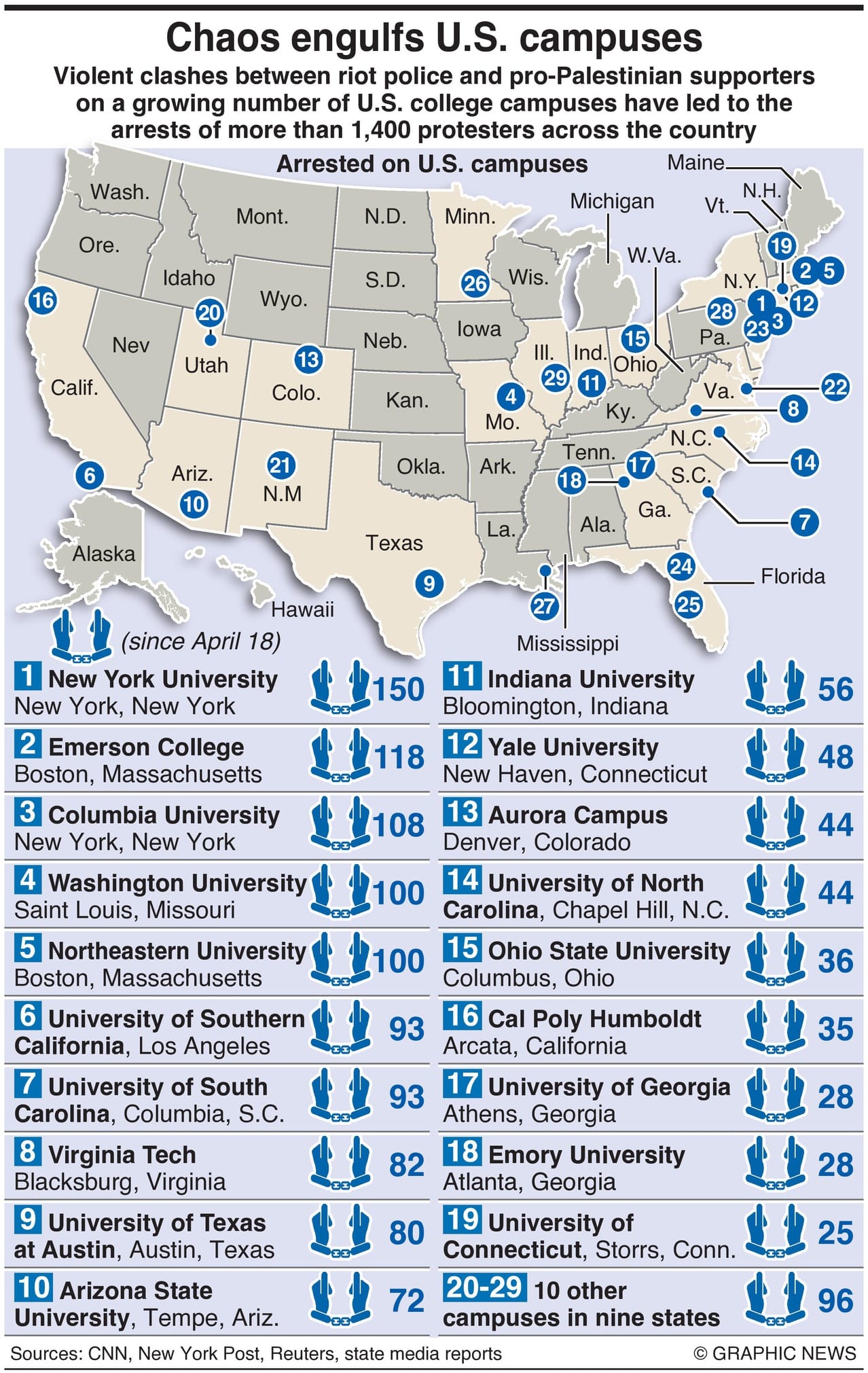
Besides earning a degree, a college education is a time to explore and assimilate different and wide-ranging philosophies, ideologies, and thoughts. But, the increasing slant towards certain ideologies, often diametrically opposing the American ethos, is a matter of concern.
The high cost, low ROI, and all-out progressive trajectory may make college seem less desirable in the coming years. It is time to ask if a college degree serves only the student or the country.

